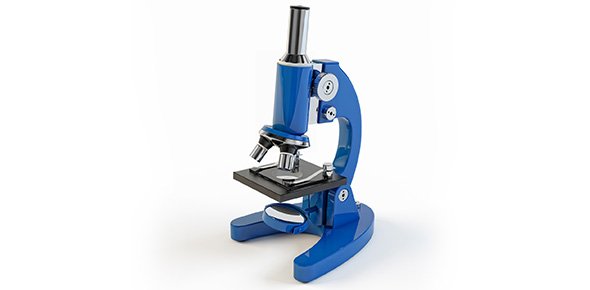Related Flashcards
Related Topics
Cards In This Set
| Front | Back |
|
True or False: S waves are compression waves
|
False, they are shear waves, results from forces pushing in opposite
directions o either side of an imaginary line.
|
|
True or False: P waves are shear waves
|
False, they are compression waves, positive stress that causes shortening
(reverse or thrust faults)
|
|
Can S waves move through solids, liquids, or both?
|
S waves can only travel through solids
|
|
Can P waves move through solids, liquids, or both?
|
P waves move through both solids and liquids
|
|
True or False: P waves move material perpendicular to direction of travel
|
False
|
|
Does the Richter Scale record the amplitude of the s-wave or p-wave?
|
S-wave
|
|
Do seismic waves indicate that the inner core is a) solid, or b) liquid?
|
A) solid
|
|
True or False: a break along a fault is responsible for creating earthquakes
|
True
|
|
An anticline is a fold in which ___ rocks are at the center, and ___ rocks are at the edge
|
Old, young
|
|
_____ is when stress is applied and an object deforms. When released, the object stays deformed.
|
Plastic Stress
|
|
_____ is when stress is applied and an object deforms. When released, the object returns to its original shape.
|
Elastic stress
|
|
A ____ fault is movement due to compression
|
Reverse
|
|
_____ drainage patterns of streams often develop on rocks that have two directions of jointing at approximately right angles
|
Rectangular
|
|
__ is volume divided by time
|
Q
|
|
____ is the process by which water moves into the pore spaces of soil, rock, or sediment.
|
Infiltration
|





